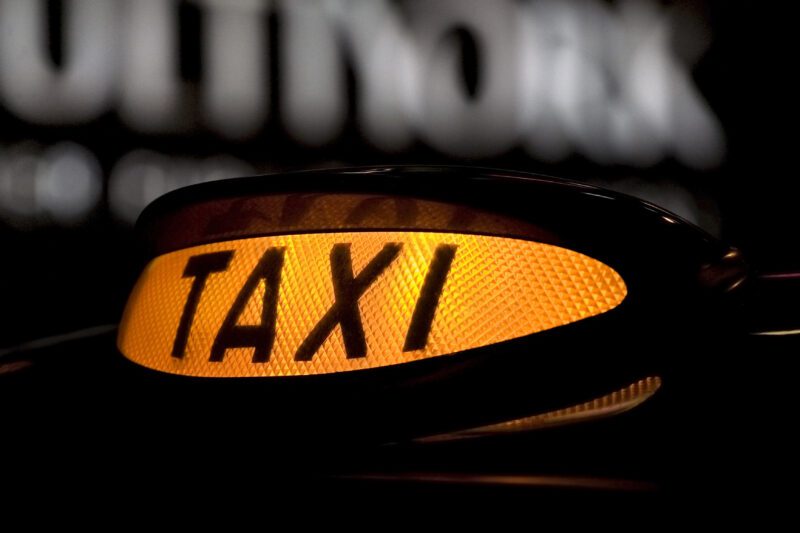The Government says it is committed to introducing national minimum standards for the taxi and private hire vehicle industry, with the focus on safety and accessibility.
The assurance came in a response to a written question by Shadow Minister for Transport, Simon Lightwood, in which Roads Minister Guy Opperman highlighted the progress being made.
As reported by TaxiPoint, the Government updated the Statutory Taxi and Private Hire Vehicle Standards in November last year to set minimum standards to protect vulnerable passengers, especially children and those with disabilities. The guidance – which was issued after a consultation – states that councils must “take action against drivers who discriminate against people with disabilities and guide dog owners, issuing fines and suspending licences where required”.
It also calls on PHV operators to identify a passenger’s accessibility needs before they make a booking, to ensure an appropriate vehicle is provided and trips are not cancelled or passengers turned away at the last minute.
And it goes further to say that councils should “incentivise the uptake of wheelchair accessible vehicles and ensure they can be used easily and safely by a range of passengers. Some wheelchair accessible vehicles may not be suitable for other disabled passengers and, when issuing licences, licensing authorities should ensure their area has the right mix of vehicles to suit their community.”
This is something that could benefit taxi and PHV drivers when looking for a new vehicle.
The extra focus on safety will also benefit all passengers, especially those who are on their own late at night or who might be vulnerable because they have had too much to drink.
Other recommendations issued in the guidance include training and assessing drivers with a focus on “taking a defensive approach to driving, such as recognising the impact of speeding, or driving while distracted or fatigued, particularly where there have been passenger complaints”.
The guidance also seeks to support industry by removing undue burdens. It says that given the reliability and ease of satnav systems, PHV drivers should not be required to undertake navigational skills tests for pre-booked journeys, while licensing fees should be reviewed regularly to ensure they are appropriate.
Many of these steps have already been implemented by councils such as Bury, which shifted the focus of its Knowledge test from navigational skills to ensuring passenger safety.
In his response to Mr Lightwood, Mr Opperman said: “The Government has taken action to support taxi and private hire vehicle licensing authorities in England to use their existing powers to set consistent licensing standards.
“The Government published the Statutory Taxi and Private Hire Vehicle Standards in 2020, statutory guidance which focuses on safeguarding standards to protect children and vulnerable adults, although the measures benefit all passengers.
“On November 17, 2023, the Government issued updated Best Practice Guidance, following consultation, which seeks to drive consistency on licensing issues outside of the scope of the statutory guidance and maintaining high standards of safety and accessibility.
“The Government remains committed to legislating for national minimum standards when Parliamentary time allows. The guidance already issued would be a natural starting point when setting future legislation.”
The move has been welcomed by groups representing disabled passengers.
A Disabled Persons Transport Advisory Committee spokesperson said: “We hope that this will see licensing authorities addressing the barriers that hinder disabled people using taxis and PHVs, including a rapid reduction in the 38% of authorities that do not make disability awareness training mandatory for drivers.”


